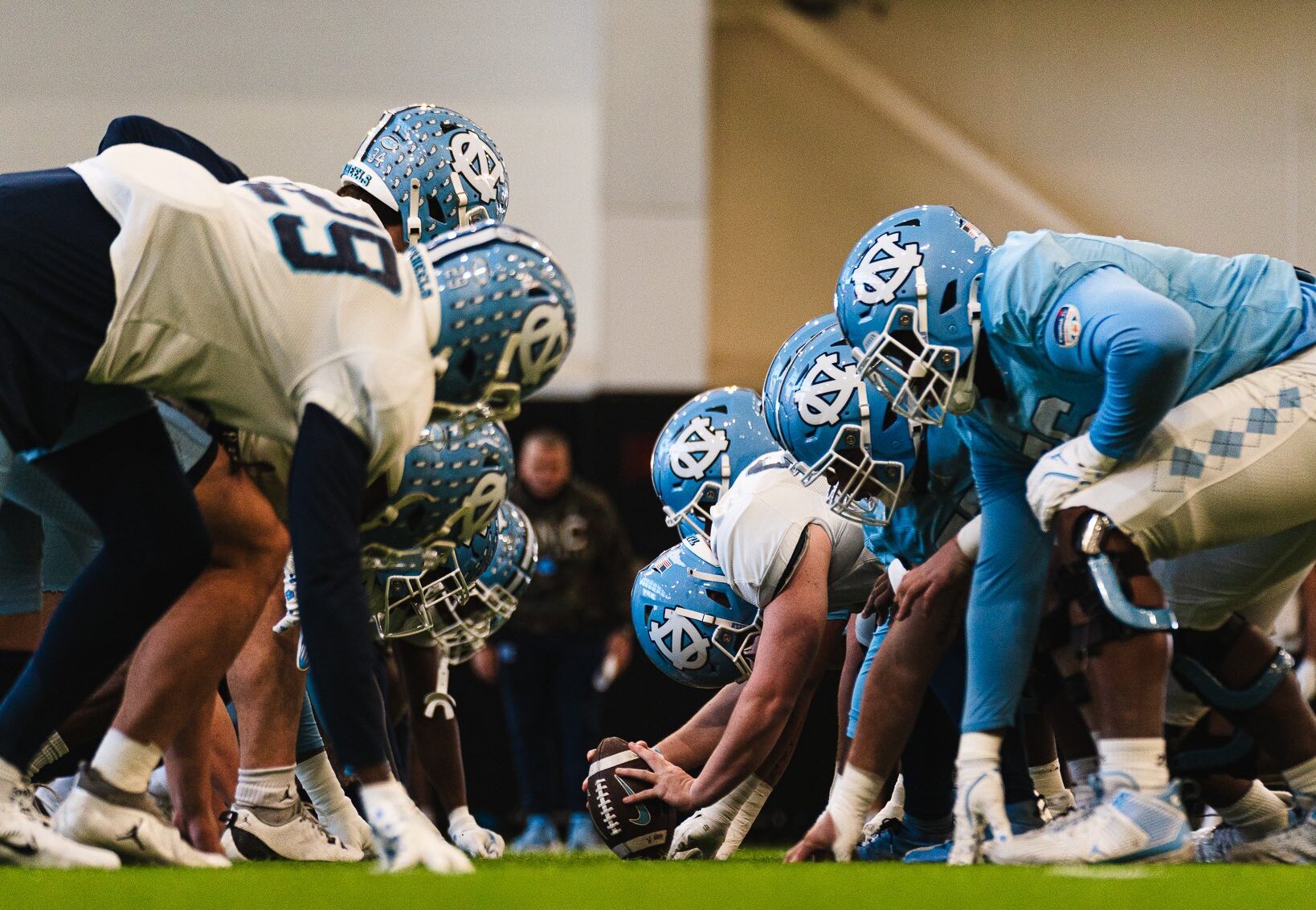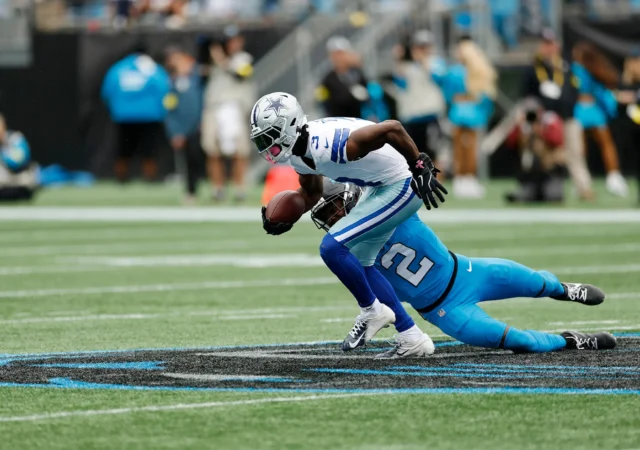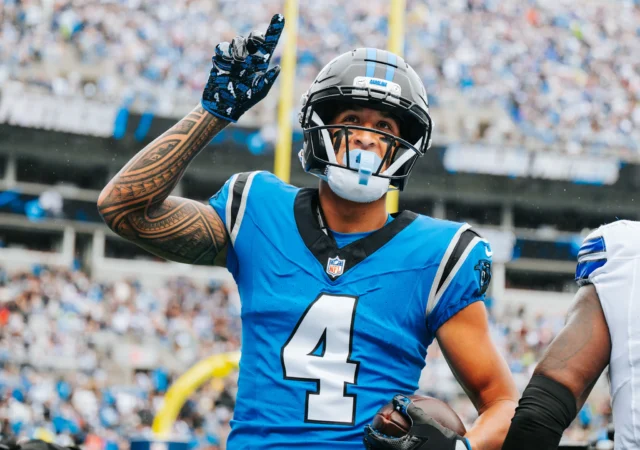CHAPEL HILL, N.C. –– The Tar Heels’ 2024 campaign ended in disappointment Saturday with a 27-14 loss to UConn, extending their bowl game losing streak to five and closing a turbulent chapter as the program transitions to new leadership under Bill Belichick.
While the primary transfer portal window closed Saturday at midnight, players who participated in postseason games have an additional five-day window to enter following their season’s conclusion. The impact of this window is already being felt, as promising linebacker Caleb LaVallee has entered the portal. LaVallee, who earned his first start in the bowl game and led the team with nine tackles, represents a significant loss to UNC’s defense despite his limited playing time this season. The sophomore still has three years of eligibility remaining.
The bowl game itself exposed UNC’s vulnerabilities on both sides of the ball. Despite UConn missing several key players on their lines of scrimmage, the Tar Heels struggled to establish control as they too missed some of their star players, namely Omarion Hampton, Kaimon Rucker and Willie Lampkin. The situation deteriorated further when starting quarterback Jacolby Criswell exited early with a shoulder injury. His replacement fourth-string Michael Merdinger—who is currently in the portal—faced constant pressure behind an overwhelmed offensive line leading to a lackluster offensive performance.
As the program turns the page, Belichick inherits a team with both challenges and potential. The receiving corps stands out as a particular bright spot, highlighted by sophomore Chris Culliver’s electrifying performance. Culliver’s 95-yard kickoff return touchdown against UConn – his second of the season – showcased the explosive playmaking ability he brings to both special teams and offense.
Given Belichick’s defensive expertise, bolstering that side of the ball will likely be his immediate priority. The defensive line and secondary require significant reinforcement through the transfer portal. The status of former five-star defensive lineman Travis Shaw, who entered the portal Dec. 10, remains uncertain. Retaining the Greensboro native could provide a foundational piece for Belichick’s defensive
reconstruction.
Cultural transformation appears to be another key focus area. While former head coach Mack Brown emphasized player leadership, the team often lacked the physical edge and strategic discipline necessary to compete at the highest level. Belichick’s trademark “do your job” philosophy and emphasis on accountability represent a stark departure from the previous regime.
The incoming coach’s reputation for fundamental football – minimizing penalties, executing assignments and playing complementary football – addresses many of UNC’s recent shortcomings. While his demanding style may challenge some players initially, his track record as a teacher and developer of talent has already attracted interest from prospects seeking an NFL-caliber development environment in Chapel Hill.
With 2024 in the rearview, success will ultimately depend on Belichick’s ability to align talent acquisition with cultural implementation. As spring practice approaches in late January, all eyes will be on how he reshapes the roster and installs his systems. The program stands at a transformative moment, with the potential for crucial change under one of football’s most accomplished architects.




How ‘Bout Them ‘Cats?!; Observations from Panthers’ Week 6 Win